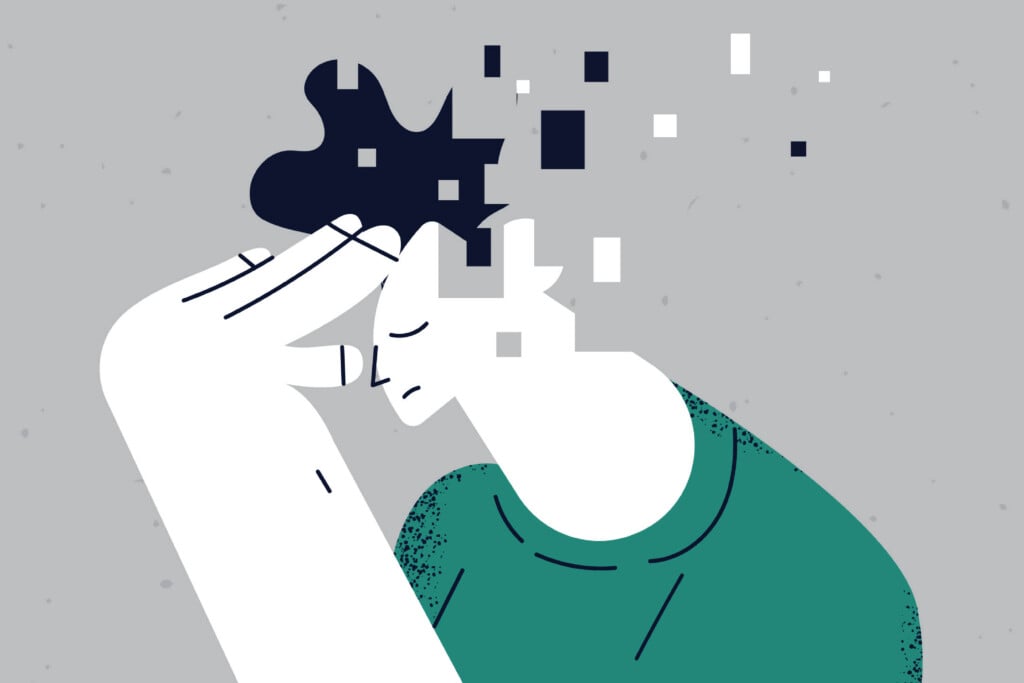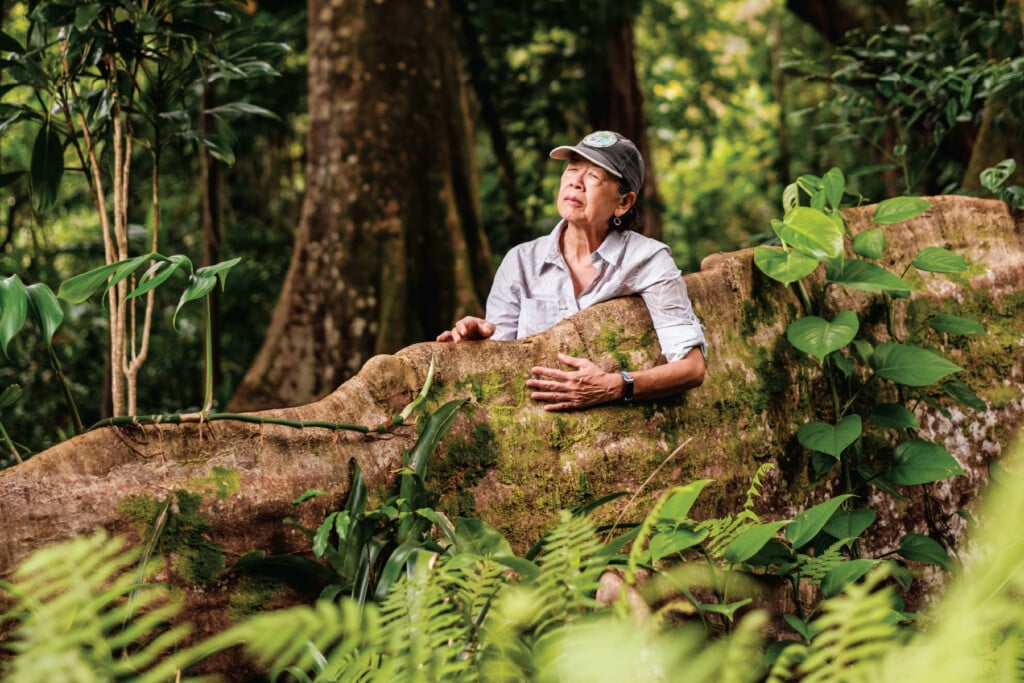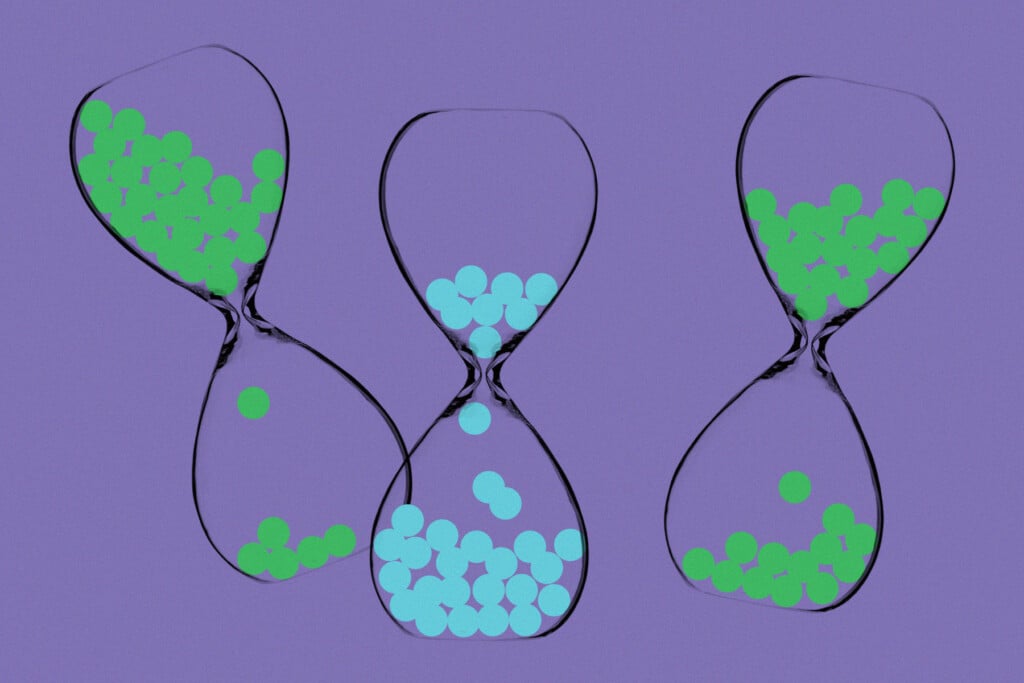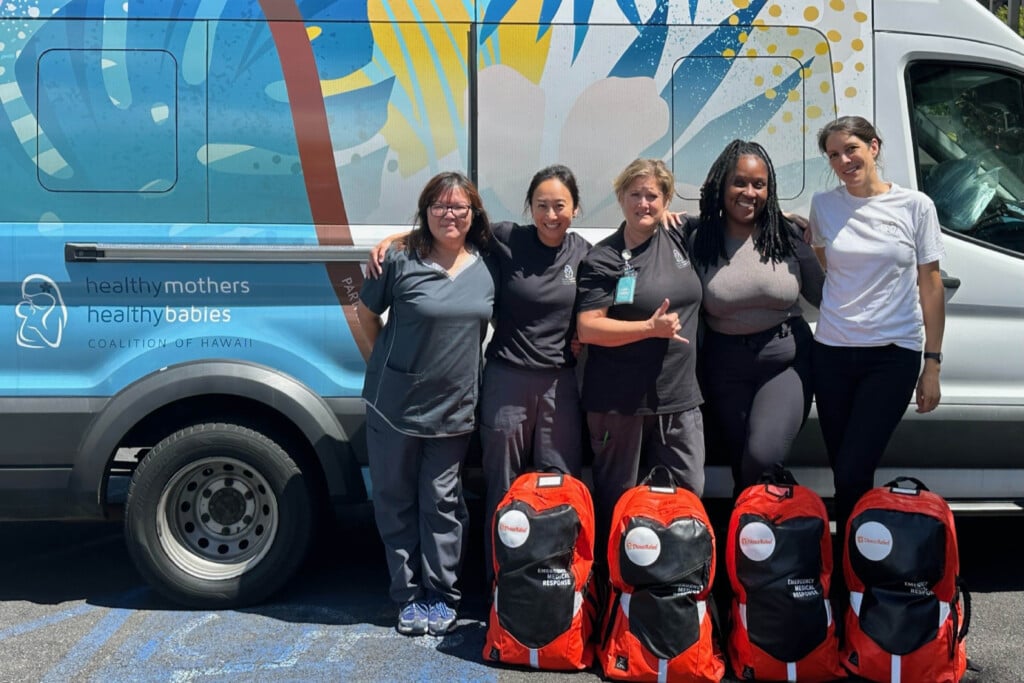The Future of Hawai‘i Health Care Is Now – Part II
COVID-19 is accelerating many changes in health care beyond telemedicine, including how doctors, nurses and other health care professionals are trained; new rules on vaccinations and testing; and how we handle future pandemics.
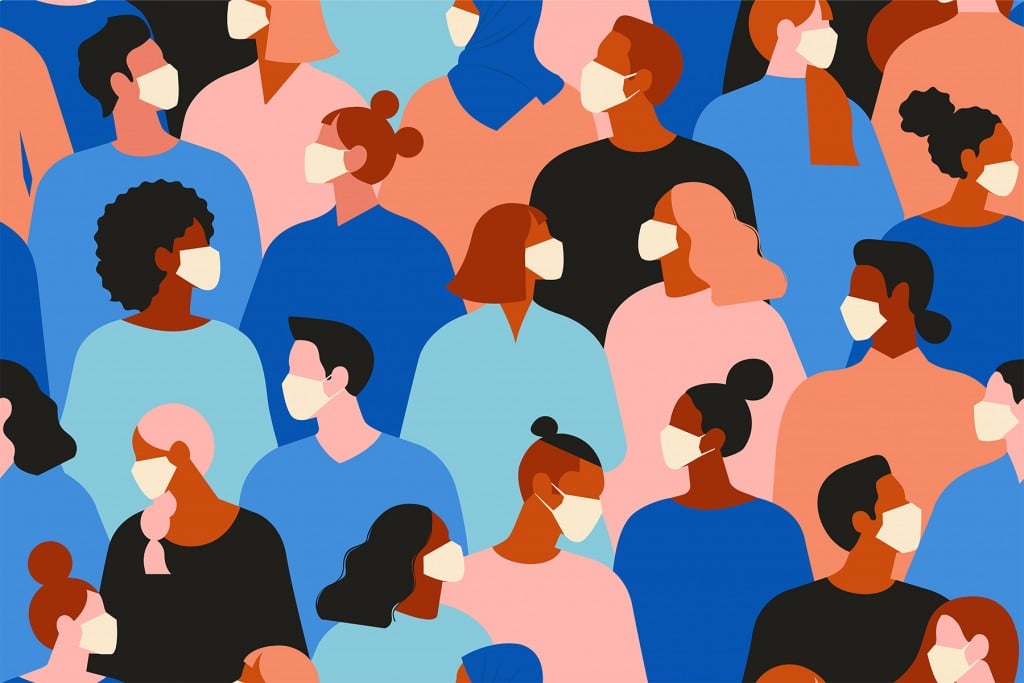
Part I in this series describes how telemedicine is redefining the future of Hawai‘i health care. Read it here.
COVID-19 has already changed how health care is done in Hawai‘i. But many more transformations are coming, say a dozen health care professionals interviewed for this series.
While we are still fighting the COVID-19 pandemic, debate has emerged over the best ways to control the next pandemic.
Ray Vara is well-positioned to offer ideas on how to best fight the next outbreak. He is the president and CEO of Hawai‘i Pacific Health, the state’s second-largest health care network with four hospitals and about 70 clinics.
Vara foresees the creation of a specialized state agency, with a leader responsible for handling future pandemics. He has talked with Gov. David Ige about the idea and sees the beginning of such an agency in recent appointments by Ige.
“It could be under the construct of the state Department of Health or maybe we would choose to have it as a new department,” Vara says. “We’d have to figure that out. … The reality is the folks at the DOH have their hands full.”
Vara sees four distinct phases in how such an agency would handle a future pandemic – including issues we still have to settle on for dealing with this one:
- Immediate public health actions to flatten the curve. The leader of any specialized state pandemic agency would have the authority to immediately order quarantining, sheltering in place with stay-at-home provisions and other actions necessary to contain a virus.
- An interim period until government stimulus checks arrive to help people. This would include providing food security for those most in need, something we are now facing on a larger scale than ever before.
- Issues around reopening the community: How do people move around? What kinds of groups should be allowed? How should restaurants reopen and how should they position tables? In fact, the whole panoply of how to restart businesses, schools and more while keeping people safe and healthy.
- Finally, how to reactivate tourism. How do we screen, test, track and work with national surveillance? “If people make it into the state, do we have the ability to isolate them?” Vara asks. “It’s a whole new normal that has to be figured out in very short order if we’re not going to have a further devastating blow to Hawai‘i.”
State Department of Health Director Dr. Bruce Anderson considers a specialized agency unnecessary. He believes in improving and expanding programs the Department of Health has now. For instance, he says, the disease control staff has long been recognized as needing more resources.
“It’s important to build capacity within the existing framework now,” Anderson says. “A new department would often result in having poor lines of communication and a lack of resources. We have an advantage here in having one health department and not a lot of county health departments. We’re not fighting for resources. This structure is great and we all work together closely. I’m hoping we’ll be able to come out of this with additional resources for laboratory support and infectious disease control. At the same time we need to make sure we’re maintaining our other health functions.”
Anderson notes his department is able to shift staff from one program to another as the need arises.
“This is a wake-up call that we need sufficient personnel, protective equipment and ventilators. We’re going to learn a lot from this experience and learn a lot of what we need in our inventory.” In the past the state has received federal CDC grants to purchase supplies, but those stockpiles have essentially been based on hurricane or tsunami protection, not a pandemic.
Anderson says Hawai‘i must be able to rapidly form a public health team to face future pandemics. Currently, more than 30 volunteers are working within Health Department offices on every island just on contact tracing.
“Having adequate staff to do follow-up is going to be critical for us to respond quickly to a pandemic,” Anderson says.
“For every case we can do 20 or 30 or more contacts and we have to contact each one of those individuals to see what exposure they’ve had. That’s where the most time has been spent – contact tracing. So you’re talking about thousands (of people) to follow up. So far we’ve been able to keep up.”
(Read here how the state Department of Health’s Disease Outbreak Control Division tracked 2016’s outbreak of hepatitis A and found the source.)
Anderson is also assembling a medical reserve corps – individuals with medical experience who can help in a pandemic. “They’re either retired physicians or others such as public health professionals, epidemiologists, etc. There was a medical reserve corps set up years ago to help in a disaster, and we’ve reactivated that whole idea. That’s in the process to give us a good roster of people to call on.”
COVID-19 will spur other changes. Dr. Kathleen Kozak, a physician in private practice and medical director at UHA Health Insurance, hopes it will lead to a reboot in sick leave policies, which play a critical role when workers have to stay home or are quarantined.
“We need good sick leave policies so people feel comfortable staying home when they’re sick,” says Kozak. “Some people go to work sick and they spread it. We’re saying, ‘If you’re sick, stay home.’ ”
The issue has come up repeatedly at the state Legislature, but Hawai‘i employers are not required by law to provide paid sick leave to their workers. Many people with low-paying or part-time jobs have no paid sick leave and often feel they can’t afford to take time off because they are living paycheck to paycheck. Until there is paid sick leave for all, Kozak says, the only choice for many workers is to save paid personal leave days, if they have them, for health emergencies when they need time off.
Health care leaders foresee, recommend or suggest as a possibility many other changes coming in health care.
- The need for almost universal vaccination of the population when a COVID-19 vaccine is ready.
- Mandatory vaccination every year for influenza, especially among health care workers. Most people in Hawai‘i already get the flu vaccine each year, with the rate often in the 90th percentile, particularly for health care workers.
- An immediate ability to test for the virus in each state, which would allow outbreaks to be more quickly tracked and affected areas to be isolated so public health measures can quickly be imposed. This may require changes in federal regulations.
- No restrictions on which labs can create test kits or begin testing. Explains Dr. Jerris Hedges, dean of UH’s John A. Burns School of Medicine: “The FDA was very restrictive at first in limiting which labs could perform COVID testing. And because the labs weren’t approved to do the testing they couldn’t stock up on materials they needed so we were having a critical shortage of the materials needed.”
- Hawai‘i’s physician shortage in rural areas could potentially diminish as doctors begin choosing to practice in places where there are fewer risks from new viruses than urban areas.
- A continuing hesitation or restriction regarding gathering in large groups even after the initial crisis has passed.
- More pressure for all patients to build a relationship with a primary care physician – not simply going to an emergency room or urgent care clinic when needed – so that they can have quick contact and assistance in the event of a pandemic or other emergency.
- More partnerships within and between states, and within and between government agencies and with the private sector to quicken the response time to a threat.
- State stockpiles and a robust national stockpile of ventilators, and testing kits for emerging viruses.
- A robust system for delivering medications and dressings directly to patients’ homes.
Hedges worries that COVID-19 may be changing our society’s way of thinking, interacting and “maintaining contact with each other as humans.”
“I’m as much afraid of the psychological impact as the disease itself,” he says.
“Life will change and we’ll be doing things in a way to be less likely to share infectious diseases. In doing that we must not lose our humanity and develop such fear of other people that it changes us from compassionate beings.”
